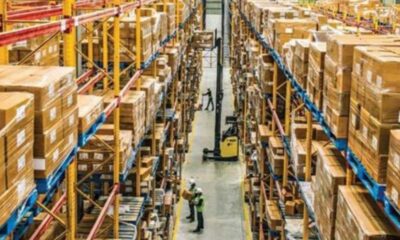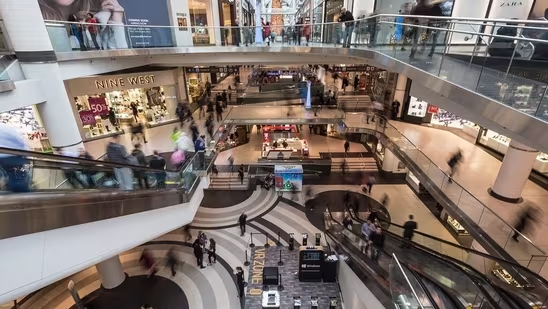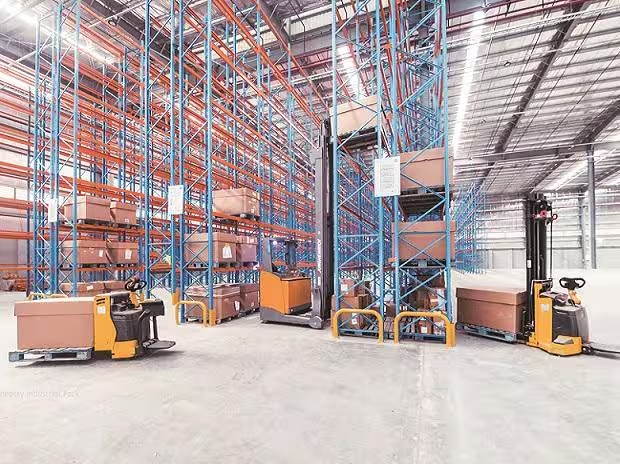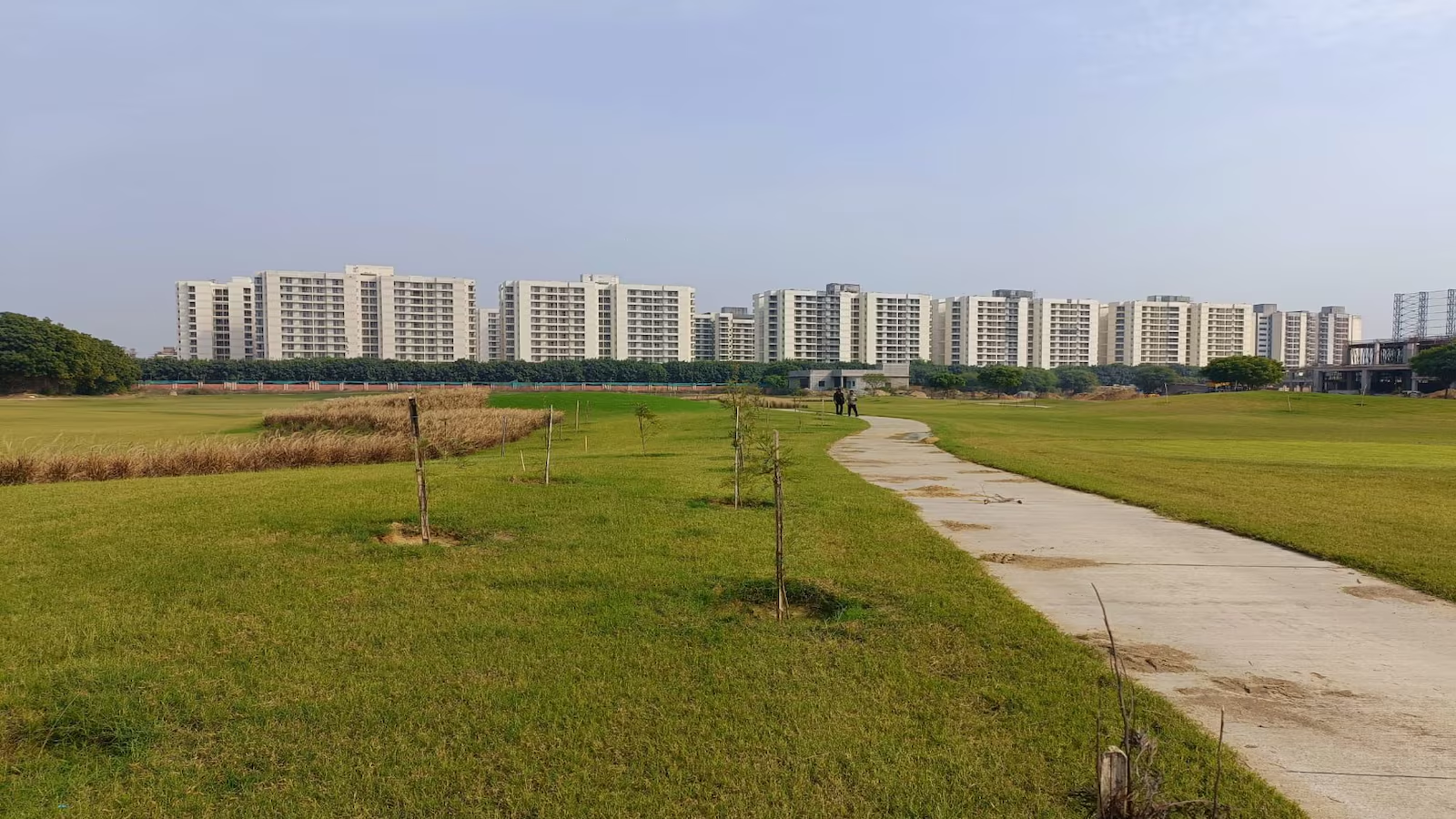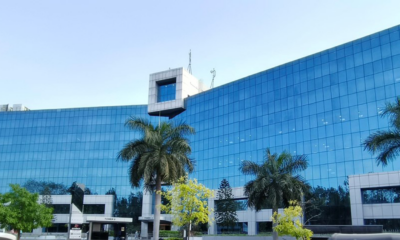News
CII CBRE conference on infrastructure management identifies “Building Green Real Estate” as the need for a sustainable ecosystem


- India’s urban population will reach about 41% by 2030, comprising about 600 million residents. Gujarat, Kerala, Maharashtra and Tamil Nadu will be nearly 60% urbanized
- This will create further pressure on our already fragile ecosystems, as India ranks third, after US and China among top 15 CO2 emitting nations
- Even though India ranks 3rd among top 10 countries in the LEED Green Building rankings, only around 87 million sq. ft. commercial space in India is LEED certified, comprising of 19% LEED Platinum, 63% LEED Gold and 16% LEED Silver certifications
- Thermal energy demand of India’s buildings will increase by 800% by 2047; India’s greenhouse gas emissions are projected to increase by 48-52% from 2010; electricity demand to reach 2,500 Tera Watt (TW) by 2030.
New Delhi, 12th September 2019: CII in association with its knowledge partner CBRE concluded the 9th Regional Conference on Infrastructure Management with the theme ‘Building GREEN Real Estate’. The CII CBRE conference aimed to focus on building a sustainable ecosystem and showcased trends in the facilities management domain that are redefining the concept, design and culture of an ideal real estate. The conference also elucidated best practices that will enable the facilities management fraternity to adopt sustainable or green solutions, role in reforming the status quo of infrastructural developments and establish the need of the hour through interactive, brainstorming and problem-solving sessions.
Speaking about the conference, Mr Aditya Berlia, Vice Chairman CII Delhi State said, “Facility Management is at the interface of tenants, investors, contractors and local authorities and thus, they are on the front line of implementing any plans to increase a building’s sustainability. This conference was conducted to revive the growing significance of facility management especially in building green homes, as we move forward, in addition to discussion on the current trends in the interpretation of resilience and the development of sustainable and environment friendly strategies.”
Corporate entities as well as residential consumers are becoming increasingly aware of the benefits of Green Buildings and Green Homes, levitating an urgency for a renewed focus on how assets can be made sustainable and environmentally friendly. In Asia Pacific and India, commercial property owners and managers are deploying greater resources towards ensuring buildings are more resilient to the long-term environmental challenges. The deepening industry focus on enhancing resiliency in commercial real estate assets is resulting from the coordinated efforts of building owners, tenants, contractors and local authorities, according to CBRE’s Global Resilience & Property Management 2019 report.
Speaking at the conference, Mr. Rajesh Pandit, Managing Director, GWS and PM, CBRE South Asia Pvt. Ltd, “With investors taking increasing note of environmental risk, it is important for facility management to be proactive in enhancing building-level sustainability. This is coming of age and the next generation of real estate professionals will more closely resemble business managers and leaders who combine empathy, strategic thinking, commercial expertise and an eye for innovation with a healthy indoor environment, efficient energy usage and operational savings. This green initiative approach, led by Facility Managers, will more accurately reflect the role of the function as an enabler of change and agility as well as a key driver of performance.”
The conference comprised of four leadership deliberations that emphasized on the solutions with the ability to transform the traditional practices with green initiatives and highlighted the pivotal role that technology is playing in this transformation. Additionally, there was a group activity amongst the delegates seeking to identify solutions that are replicating the growing environmental consciousness. The last session titled ‘Skilling for the Future’ was driven by veteran industry leaders who shared their experiences with budding real estate players and recommended them to strategize their approach with green initiatives for long run in the business.
The panel collectively concluded that green buildings are not only extremely efficient, but also produce enough power to cover their own energy requirements and can even send excess energy back into the power grid. Solar power is the most widely tested method for renewable energy. Photovoltaic cells can be installed not only on rooftops but also on building facades and even in transparent modules used as windows and skylights. Another key influencing sustainability factor is the inclusion of WELL Buildings and LEED certification as part of the built environment.
-



 News3 weeks ago
News3 weeks agoKW Delhi 6 Mall Onboards New Brands
-



 News4 weeks ago
News4 weeks agoManasum Senior Living Launches IKIGAI GOA, A Senior Living Community in North Goa, in collaboration with Prescon Homes
-



 News2 weeks ago
News2 weeks agoGodrej Properties Sells Rs 3k cr+ Homes of Godrej Zenith, Gurugram, within 3 days
-



 News4 weeks ago
News4 weeks agoBridging India Divide: Top 5 Tier- 2 Cities to Focus On
-



 News3 weeks ago
News3 weeks agoCommercial Realty Gets Tech Savvy: Fast Construction, Enhanced Convenience
-



 News4 weeks ago
News4 weeks agoMultipoint Connection – A Definite Boon
-



 News3 weeks ago
News3 weeks agoRBI’s Status Quo on Key Policy Rates to Help Maintain the Real Estate Growth Momentum, Say Industry Stalwarts
-



 News1 week ago
News1 week agoOlive Announces Dhruv Kalro as Co-Founder







